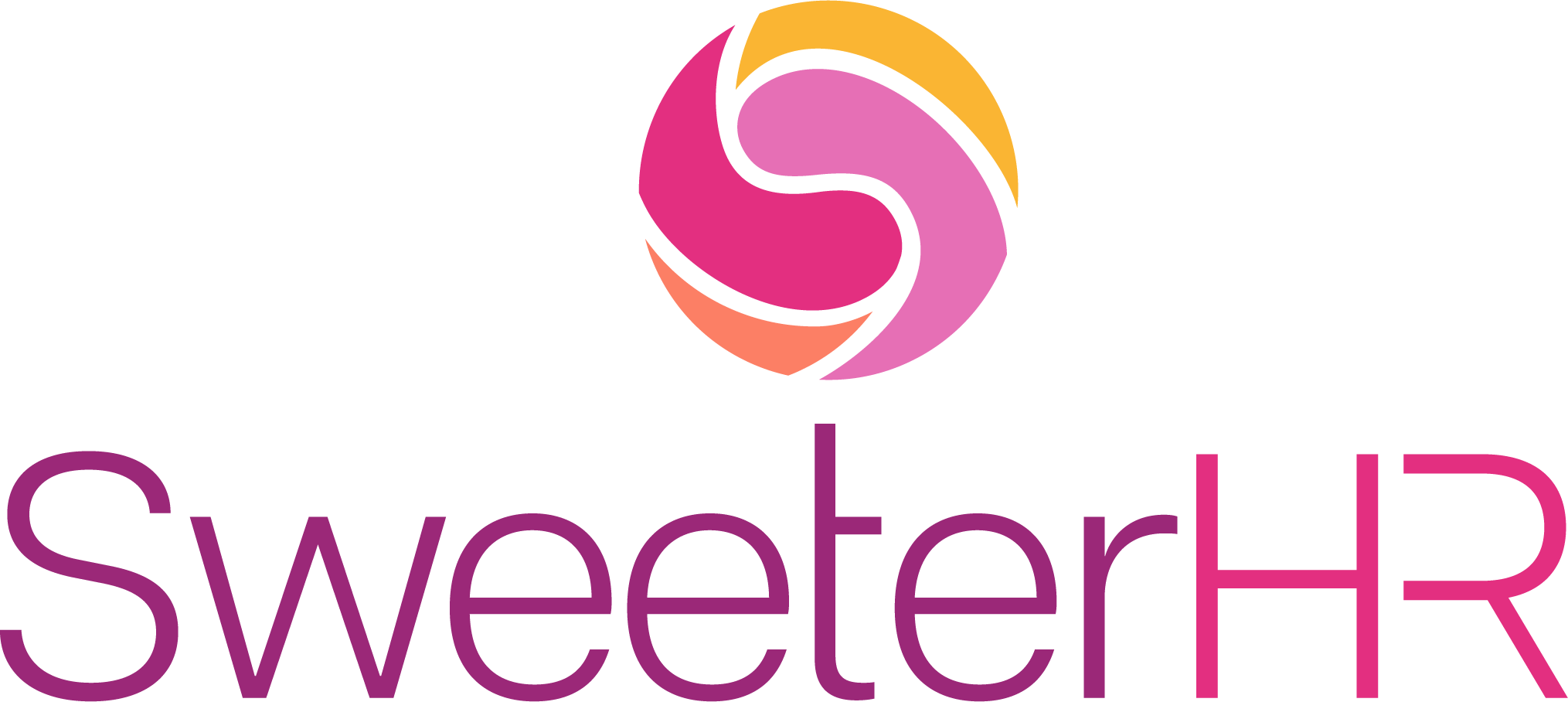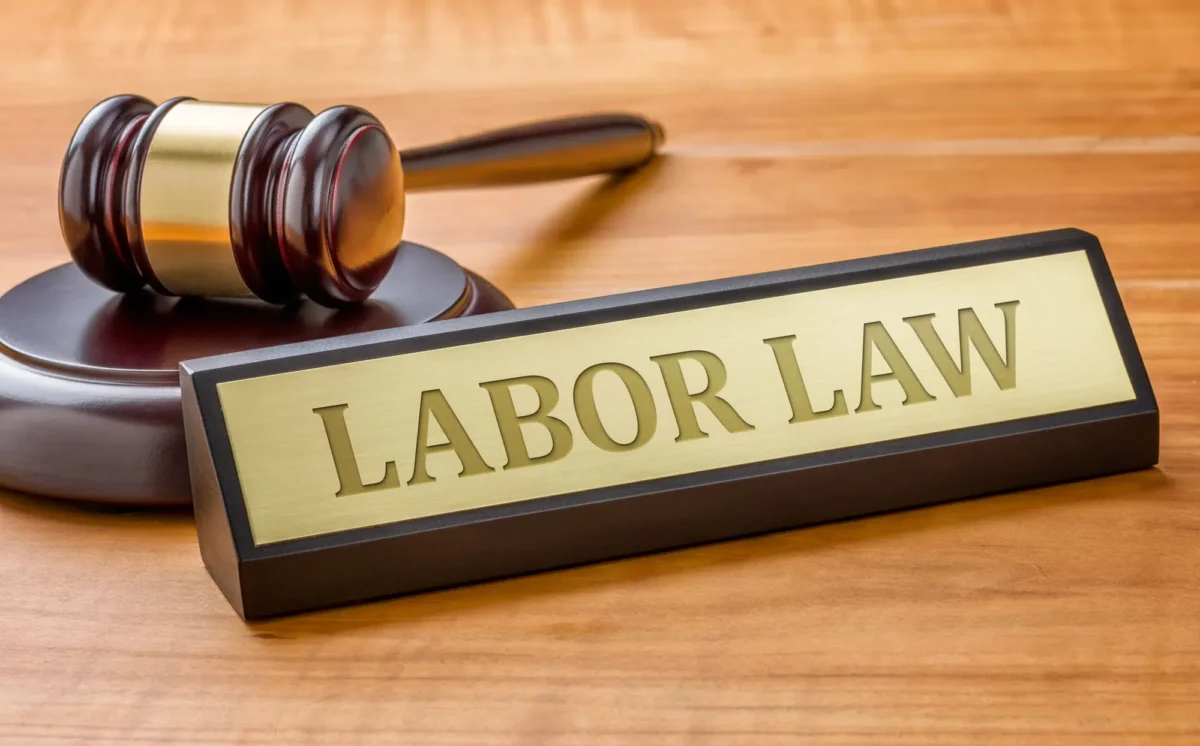Well, the California legislature was busy this year, as they always seem. Please see the list below of new laws Governor Newsom signed for recently. These new laws take effect 01/01/2025.
SB 399: Ban on Captive Audience Meetings
This law prohibits employers from penalizing employees for not attending meetings or listening to employer views on religious, political, or union-related matters. Violations can result in civil penalties, enforced by the Labor Commissioner or through civil actions.
SB 988: Freelance Worker Protection Act
This act requires written contracts for independent contractors earning $250+ and ensures timely payment. Contractors must be paid as per contract terms or within 30 days of completing services. Employers cannot retaliate against contractors for exercising their rights.
AB 2299: Employee Rights Poster Requirement
The Labor Commissioner will release a poster outlining employee rights under whistleblower laws. Employers must display this notice by January 1, 2025.
SB 1100: Driver’s License Requirement in Job Postings
Employers can no longer require a driver’s license in job advertisements unless driving is a job necessity, and no reasonable alternative is available.
SB 1137: Intersectionality of Protected Characteristics
This law extends anti-discrimination protections, clarifying that discrimination based on the intersection of multiple protected characteristics (e.g., race and gender) is prohibited.
SB 1340: Local Enforcement of Discrimination Laws
Local jurisdictions may now enforce anti-discrimination laws if these are as protective as state law. A right-to-sue notice from the Civil Rights Department is required for local enforcement.
AB 1870: Workers’ Compensation Notices
Workplace notices must inform employees about their right to consult attorneys for workers’ compensation issues. Attorney fees will generally come from the employee’s recovery.
AB 2123: Paid Family Leave (PFL) Benefits
Employers can no longer require employees to use vacation time before receiving PFL benefits, which support caregiving, bonding with children, and helping deployed military familymembers.
AB 2499: Expanded Paid Sick Leave Rights
The paid sick leave law now covers more situations, including when family members experience bodily harm, weapon-related incidents, or threats of injury or death.
AB 2602 & AB 1836: AI Protections in Entertainment
These laws regulate the use of digital replicas and AI-generated content in entertainment. Contracts involving digital replicas must specify their intended use. Additionally, posthumous control of digital replicas by estates is extended to 70 years.
AB 3234: Transparency in Social Compliance Audits
Employers that conduct social compliance audits must post detailed reports on their websites, covering health, safety, child labor practices, and hazardous conditions.
AB 1034: PAGA Exemption for the Construction Industry
The PAGA exemption for construction employers with collective bargaining agreements is extended until January 1, 2038.
Proposition 32: Minimum Wage Increase to $18/hour
California’s Proposition 32, on the November 2024 ballot, proposed to raise the state minimum wage to $18 per hour over the next few years.
PROP 32 DID NOT PASS.
However, minimum wage in CA will rise to $16.50/hour in 2025 due to inflation. This also impacts the minimum salary requirement which will be $68,640/year.










